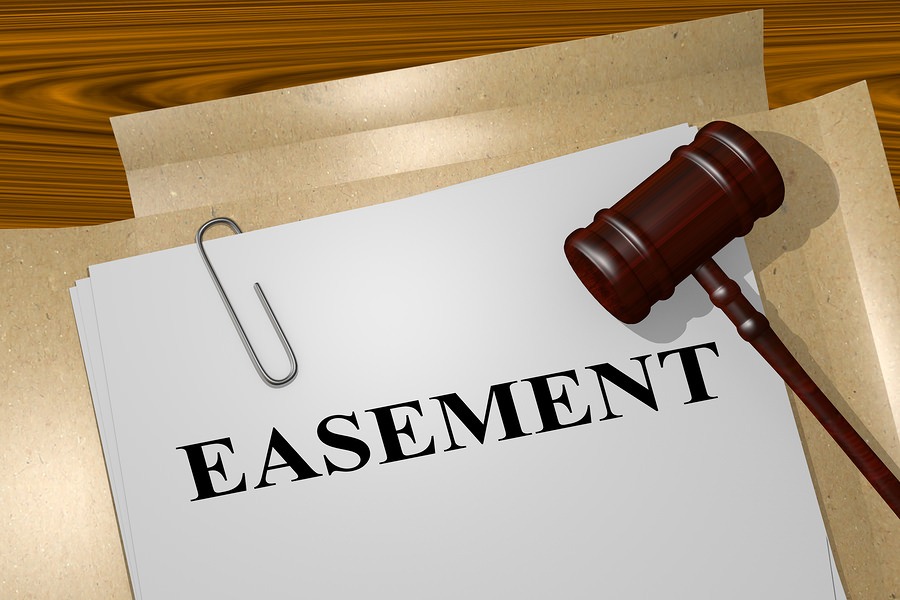

An easement is a non-possessory interest in real property that allows one or more person to use a piece of property for a specific purpose, even though he or she does not own the property. If this seems confusing, you are not alone. In this article, we will walk you through the most common types of easements, how they originate, and how you can deal with common easement disputes that arise in your land use.
Why is this information important? Because easements tend to impact the value and usefulness of your property. If your property is burdened by an easement, the easement may complicate and hinder the uses to which you can put your property. Alternatively, if you or your property is benefited by an easement, that may expand the potential uses of your property and make it more valuable.
Washington law sets out two main kinds of easement:
Easements in gross – These easements give benefits to specific parties, regardless of what property they own. The party that benefits from an easement in gross usually cannot transfer those rights to another party.
This kind of easement is common when, for example, a utility company wants to install power lines or gas lines on a property. That specific utility company owns the easement and often cannot transfer its easement rights to anyone else.
Easements appurtenant – Instead of benefiting a specific person, this kind of easement “runs with the land” and therefore benefits whoever owns a particular property. In other words, this kind of easement is inseparable from the subject property, and passes from one owner to the next as the property is transferred unless something operates to extinguish the easement.
A common example is a driveway easement. An easement appurtenant can occur when Neighbor A has no other way to access his land by vehicle except via Neighbor B’s existing driveway. B can grant A an easement appurtenant allowing A to use B’s driveway. If A ever sells the property, the new owner will inherit the right to use B’s driveway. This kind of easement is far more common in the cases we deal with.
Both kinds of easements have legal implications that property owners should carefully consider before granting them. In some cases, easements may arise even without your knowledge, so it is important to learn about any existing easements and what they mean for you.
In some cases, another party may simply request that you grant an easement, giving you the opportunity to agree or not. In other situations, an easement can arise without your express knowledge or consent. Therefore, it is important to be vigilant when you allow others to use your property.
The following easements may exist in your area:
Once an easement exists—or one party asserts that an easement exists—disputes may arise regarding the easement. Possible issues include:
Our attorneys can often help resolve easement disputes between two parties without taking the matter to court. Usually, it’s better to avoid court due to the expense and uncertainty involved. However, our attorneys are prepared to represent you in litigation if the situation requires it.
If you own a piece of property that is subject to an easement and have issues with the way that your land is being used by the easement holder, you may be able to take steps to either remove the easement or limit the way the easement holder uses your land. Some of the remedies available to people who own property that is subject to an easement include the following:
Alternatively, if your property is benefited by an easement and the servient (non-benefited) property owner is interferring with your easement rights, you may be able to pursue the following:
At the Brink Law Firm, our real estate attorneys fully understand the complex laws regarding easements in Washington state. We can provide advice and guidance regarding potential easement agreements and can help resolve easement-related disputes. Contact us online or call 253.620.6666 to schedule a consultation today.